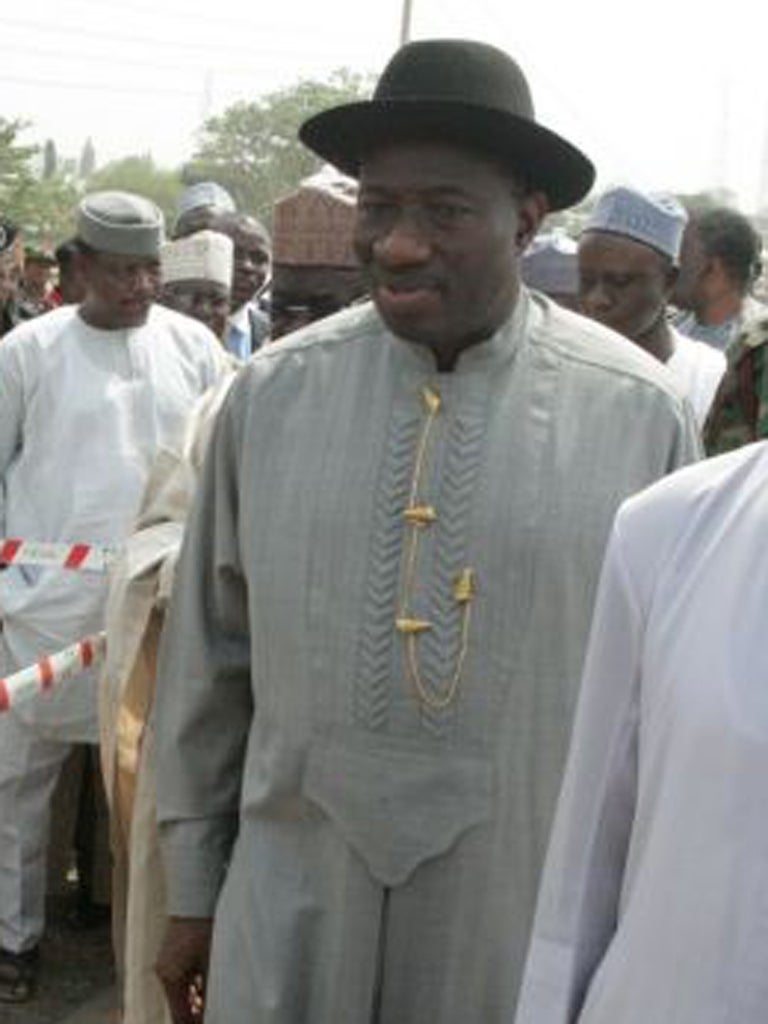More strikes and unrest in Nigeria after fuel price talks break down

Your support helps us to tell the story
From reproductive rights to climate change to Big Tech, The Independent is on the ground when the story is developing. Whether it's investigating the financials of Elon Musk's pro-Trump PAC or producing our latest documentary, 'The A Word', which shines a light on the American women fighting for reproductive rights, we know how important it is to parse out the facts from the messaging.
At such a critical moment in US history, we need reporters on the ground. Your donation allows us to keep sending journalists to speak to both sides of the story.
The Independent is trusted by Americans across the entire political spectrum. And unlike many other quality news outlets, we choose not to lock Americans out of our reporting and analysis with paywalls. We believe quality journalism should be available to everyone, paid for by those who can afford it.
Your support makes all the difference.A nationwide strike in Nigeria over fuel prices is set to escalate today after two major unions said talks with the government had failed, threatening oil exports which are vital to the West African country's economy.
A statement from the Nigeria Labor Congress and the Trade Union Congress came as confusion remained over whether a threatened shutdown of oil production will occur in Africa's top oil exporter. A major oil workers union had promised to stop production over the weekend in solidarity with the demonstrations, jeopardising the country's production of 2.4 million barrels a day.
During negotiations this weekend between the unions and government, organisers asked the government to restore an estimated $8bn (£5.2bn) a year in fuel subsidies that keep petrol prices low in Africa's most populous nation. The government countered by promising to lower prices slightly.
The strike began on 9 January, paralysing the nation. President Goodluck Jonathan's government abandoned subsidies that kept petrol prices low on 1 January, causing prices to spike from $1.70 per gallon to at least $3.50 per gallon. The costs of food and transportation also largely doubled in a nation where most people live on less than $2 a day.
Anger over losing one of the few benefits average Nigerians see from living in an oil-rich country, as well as disgust over government corruption, led to demonstrations and violence that has killed at least 10 people. Red Cross volunteers have treated more than 600 people injured in protests since the strike began, the International Committee of the Red Cross said Friday.
The unions' ability to enforce a shutdown across the swamps of Nigeria's southern delta to its massive offshore oil fields remains in question. Much of Nigeria's land-based oilfields remain largely automated and an increasing amount of production comes from large offshore oil fields far from the country's coasts.
AP
Join our commenting forum
Join thought-provoking conversations, follow other Independent readers and see their replies
Comments